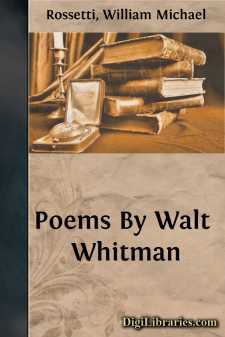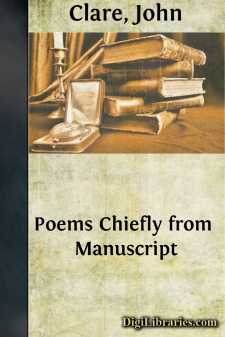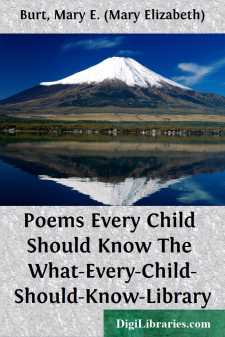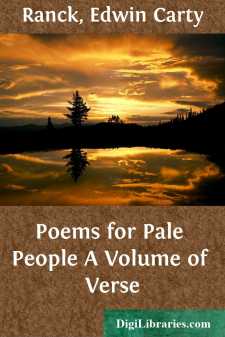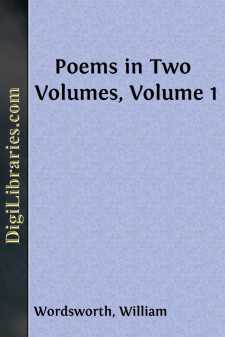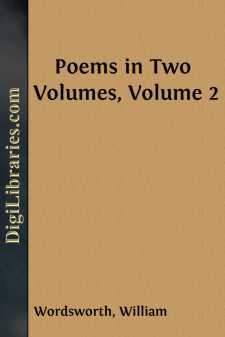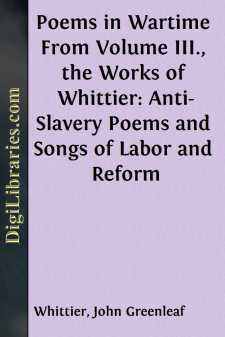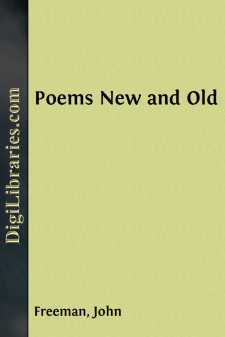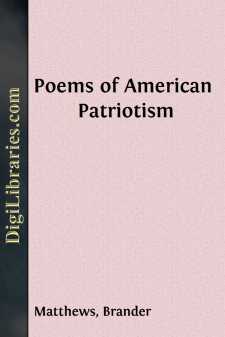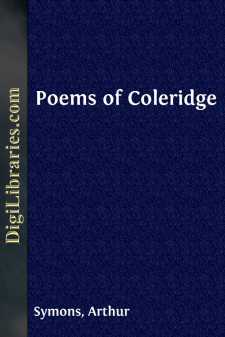Categories
- Antiques & Collectibles 13
- Architecture 36
- Art 48
- Bibles 22
- Biography & Autobiography 813
- Body, Mind & Spirit 142
- Business & Economics 28
- Children's Books 14
- Children's Fiction 11
- Computers 4
- Cooking 94
- Crafts & Hobbies 4
- Drama 346
- Education 46
- Family & Relationships 57
- Fiction 11828
- Games 19
- Gardening 17
- Health & Fitness 34
- History 1377
- House & Home 1
- Humor 147
- Juvenile Fiction 1873
- Juvenile Nonfiction 202
- Language Arts & Disciplines 88
- Law 16
- Literary Collections 686
- Literary Criticism 179
- Mathematics 13
- Medical 41
- Music 40
- Nature 179
- Non-Classifiable 1768
- Performing Arts 7
- Periodicals 1453
- Philosophy 64
- Photography 2
- Poetry 896
- Political Science 203
- Psychology 42
- Reference 154
- Religion 513
- Science 126
- Self-Help 84
- Social Science 81
- Sports & Recreation 34
- Study Aids 3
- Technology & Engineering 59
- Transportation 23
- Travel 463
- True Crime 29
Sort by:
During the summer of 1867 I had the opportunity (which I had often wished for) of expressing in print my estimate and admiration of the works of the American poet Walt Whitman.[1] Like a stone dropped into a pond, an article of that sort may spread out its concentric circles of consequences. One of these is the invitation which I have received to edit a selection from Whitman's writings; virtually...
more...
by:
John Clare
BIOGRAPHICAL The life of John Clare, offering as it does so much opportunity for sensational contrast and unbridled distortion, became at one time (like the tragedy of Chatterton) a favourite with the quillmen. Even his serious biographers have made excessive use of light and darkness, poetry and poverty, genius and stupidity: that there should be some uncertainty about dates and incidents is no great...
more...
PART I. The Arrow and the Song. "The Arrow and the Song," by Longfellow (1807-82), is placed first in this volume out of respect to a little girl of six years who used to love to recite it to me. She knew many poems, but this was her favourite.I shot an arrow into the air,It fell to earth, I knew not where;For, so swiftly it flew, the sightCould not follow it in its flight.I breathed a song...
more...
PREFACE This little volume was written for no reason on earth and with no earthly reason. It just simply happened, on the principle, I suppose that "murder will out." Murder is a bad thing and so are nonsense rhymes. There is often a valid excuse for murder; there is none for nonsense rhymes. They seem to be a necessary evil to be classed with smallpox, chicken-pox, yellow fever and other...
more...
TO THE DAISY. In youth from rock to rock I went From hill to hill, in discontent Of pleasure high and turbulent, Most pleas'd when most uneasy; But now my own delights I make, My thirst at every rill can slake, And gladly Nature's love partake Of thee, sweet Daisy! When soothed a while by milder airs, Thee Winter in the garland...
more...
ROB ROY's GRAVE. The History of Rob Roy is sufficiently known; his Grave is near the head of Loch Ketterine, in one of those small Pin-fold-like Burial-grounds, of neglected and desolate appearance, which the Traveller meets with in the Highlands of Scotland. A famous Man is Robin Hood, The English Ballad-singer's joy! And Scotland has a Thief as good, An Outlaw of as daring...
more...
IN WAR TIME. TO SAMUEL E. SEWALL AND HARRIET W. SEWAll, OF MELROSE. These lines to my old friends stood as dedication in the volume which contained a collection of pieces under the general title of In War Time. The group belonging distinctly under that title I have retained here; the other pieces in the volume are distributed among the appropriate divisions. OLOR ISCANUS queries: "Why should weVex...
more...
by:
John Freeman
PART I THE EVENING SKYRose-bosom'd and rose-limb'dWith eyes of dazzling brightShakes Venus mid the twinèd boughs of the night;Rose-limb'd, soft-steppingFrom low bough to boughShaking the wide-hung starry fruitage—dimmedIts bloom of snowBy that sole planetary glow.Venus, avers the astronomer,Not thus idly dancing goesFlushing the eternal orchard with wild rose.She through ether...
more...
by:
Brander Matthews
BOSTON SICUT PATRIBUS, SIT DEUS NOBIS RALPH WALDO EMERSON [sidenote: Dec. 16, 1773] This poem was read in Faneuil Hall, on the Centennial Anniversary of the "Boston Tea-Party," at which a band of men disguised as Indians had quietly emptied into the sea the taxed tea-chests of three British ships. The rocky nook with hill-tops three Looked eastward from the farms, And twice each...
more...
by:
Arthur Symons
In one of Rossetti's invaluable notes on poetry, he tells us that to him "the leading point about Coleridge's work is its human love." We may remember Coleridge's own words: "To be beloved is all I need, And whom I love, I love indeed." Yet love, though it is the word which he uses of himself, is not really what he himself meant when using it, but rather an...
more...


